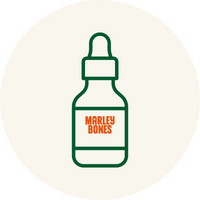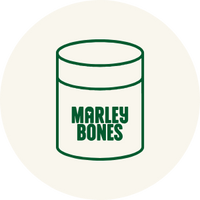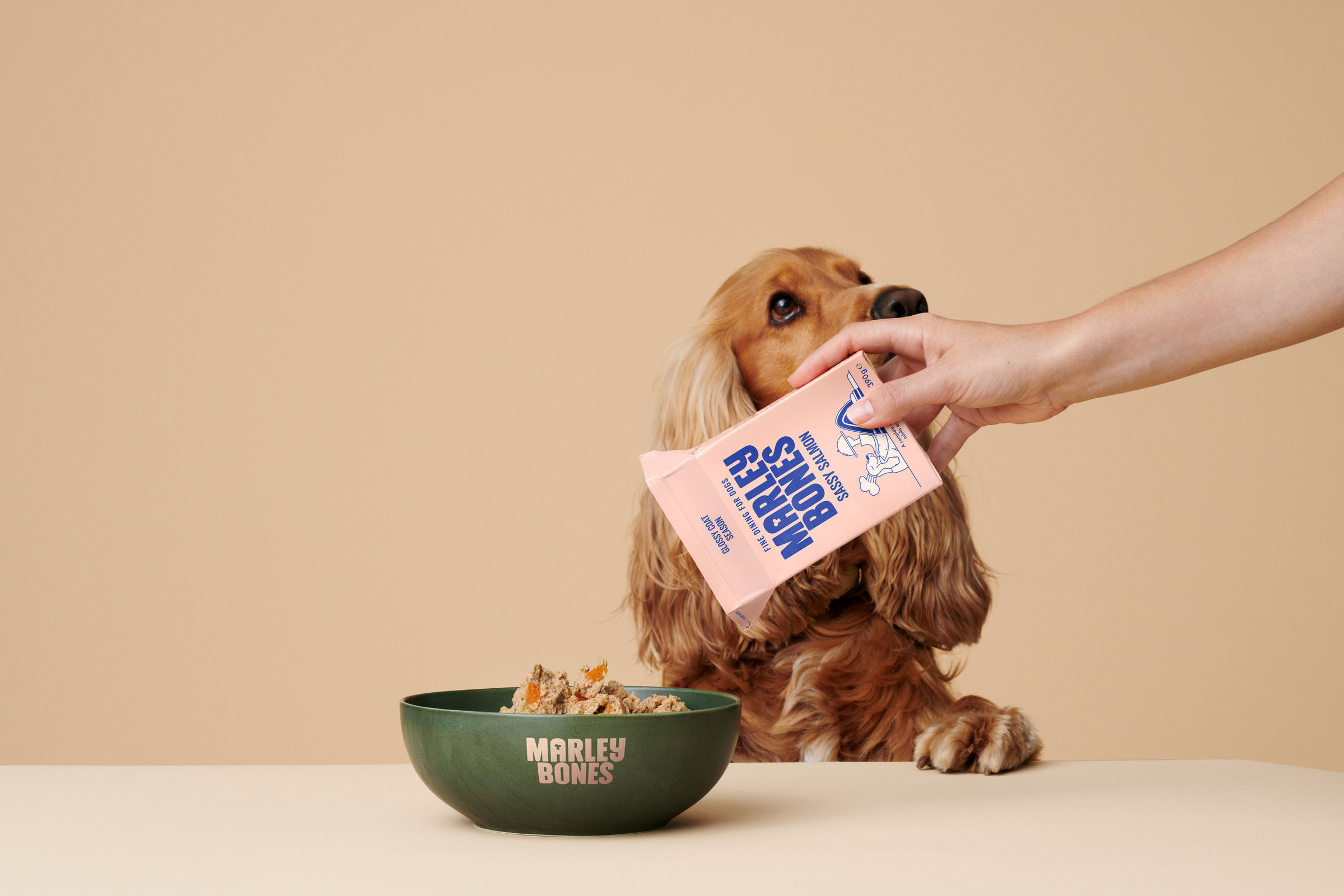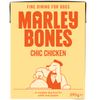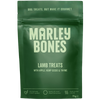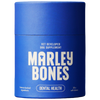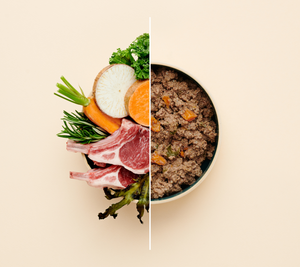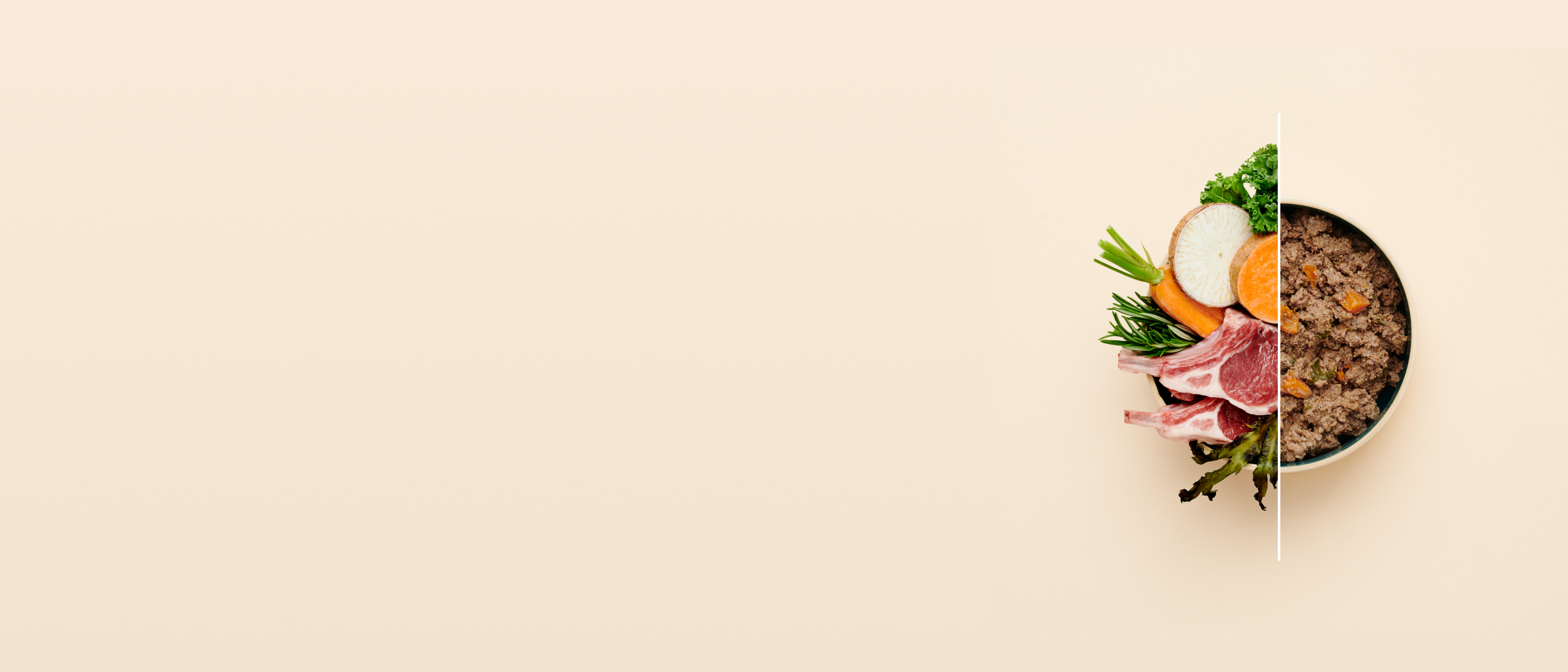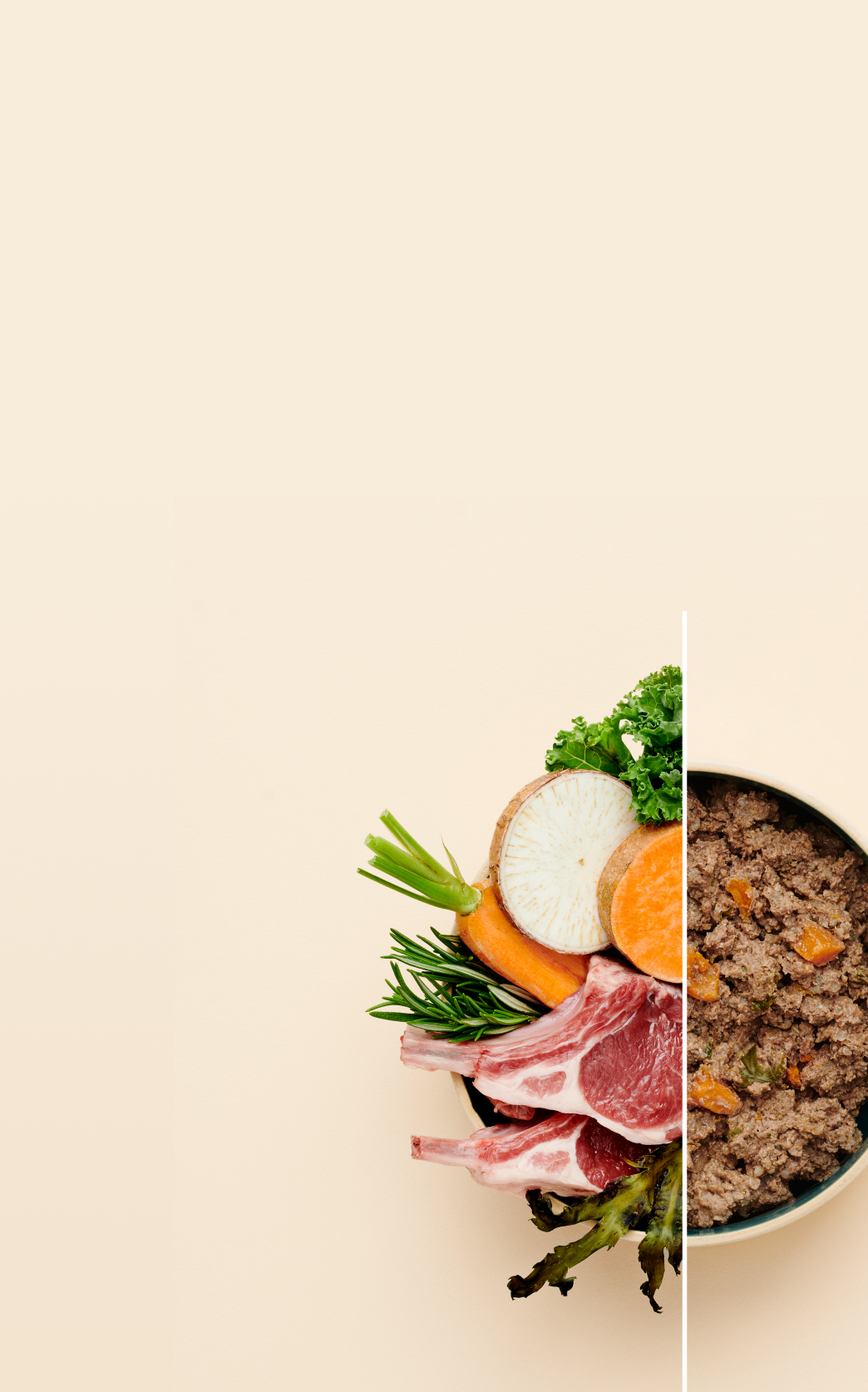Puppy Survival Guide 7–9 Months: Essential Tips for Adolescent Dog Care
As your puppy moves into the 7 to 9-month stage, you’ll start to notice big changes in their physical growth and behaviour. This period is a key phase of development, where your playful pup begins transitioning into adolescence. Understanding these changes helps you manage their health and training with confidence. Their immune system is still maturing, so good care now will set the stage for lifelong wellness.
Training should remain a top priority during this stage. Consistent, positive methods help reinforce safety and good behaviour while your puppy becomes more curious and adventurous. Setting clear boundaries now not only prevents accidents but also teaches your dog how to safely explore the world. Remember, safety isn’t just about avoiding harm—it’s about building your puppy’s confidence and self-control.
Puppy Development
Between seven and nine months, your puppy will continue growing steadily, reaching about 75% of their adult weight depending on their breed. Baby teeth will have been fully replaced by adult teeth, making this the perfect time to introduce or reinforce a dental care routine. Physically, your puppy will bulk up in chest and muscle tone, though growth begins to slow compared to earlier months.
Behaviourally, you might see fluctuating energy levels—sometimes restless, other times calm and focused. Training becomes even more important now as your puppy’s capacity for obedience and complex commands grows. Socialisation remains critical to prevent fearful or aggressive tendencies, helping your puppy build confidence with other dogs and people.
Maintaining Health
Maintaining your puppy’s health is essential during this developmental phase. Regular veterinary check-ups ensure vaccinations stay current and help catch any early health concerns. This is also a great time to establish a consistent dental hygiene routine, whether through brushing or dental chews, to protect those adult teeth.
Parasite control remains important, so continue with flea, tick, and worm preventatives as recommended by your vet. Nutritionally, adjust portion sizes as your puppy grows and ensure their meals meet all necessary dietary guidelines to support steady growth. Feeding two balanced meals a day is generally ideal.
Exercise should be consistent, including daily walks, playtime, and training to build strength and keep your puppy mentally and physically stimulated. Balance is key to prevent overfeeding or putting too much strain on growing joints.

Training and Safety
Training and safety go hand-in-hand as your puppy becomes more independent and curious. Reinforcing basic commands such as sit, stay, come, and heel with positive reinforcement should be your ongoing focus. Your pup is ready to learn more complex commands or tricks to keep their mind engaged and strengthen your bond. Leash training should aim for calm walks without pulling, while crate training can provide a safe space when you’re unable to supervise.
Safety around the home becomes increasingly important. Puppy-proof your living space by securing cabinets, wires, and small objects that could pose choking hazards or toxicity. Supervise playtime to prevent injuries during energetic bouts, and ensure outdoor areas are secure to prevent escapes. If your puppy tends to chew on things, offer plenty of appropriate chew toys to divert their attention from harmful items. Always provide access to fresh water and nutritious meals tailored to their developmental needs.

The Final Woof
The 7 to 9-month period is a remarkable stage of growth and discovery for your puppy. With your consistent care, training, and attention to their health and safety, you’re laying down the foundation for a confident, well-behaved adult dog. Enjoy every step of this exciting journey—your efforts now will bring lifelong rewards.



